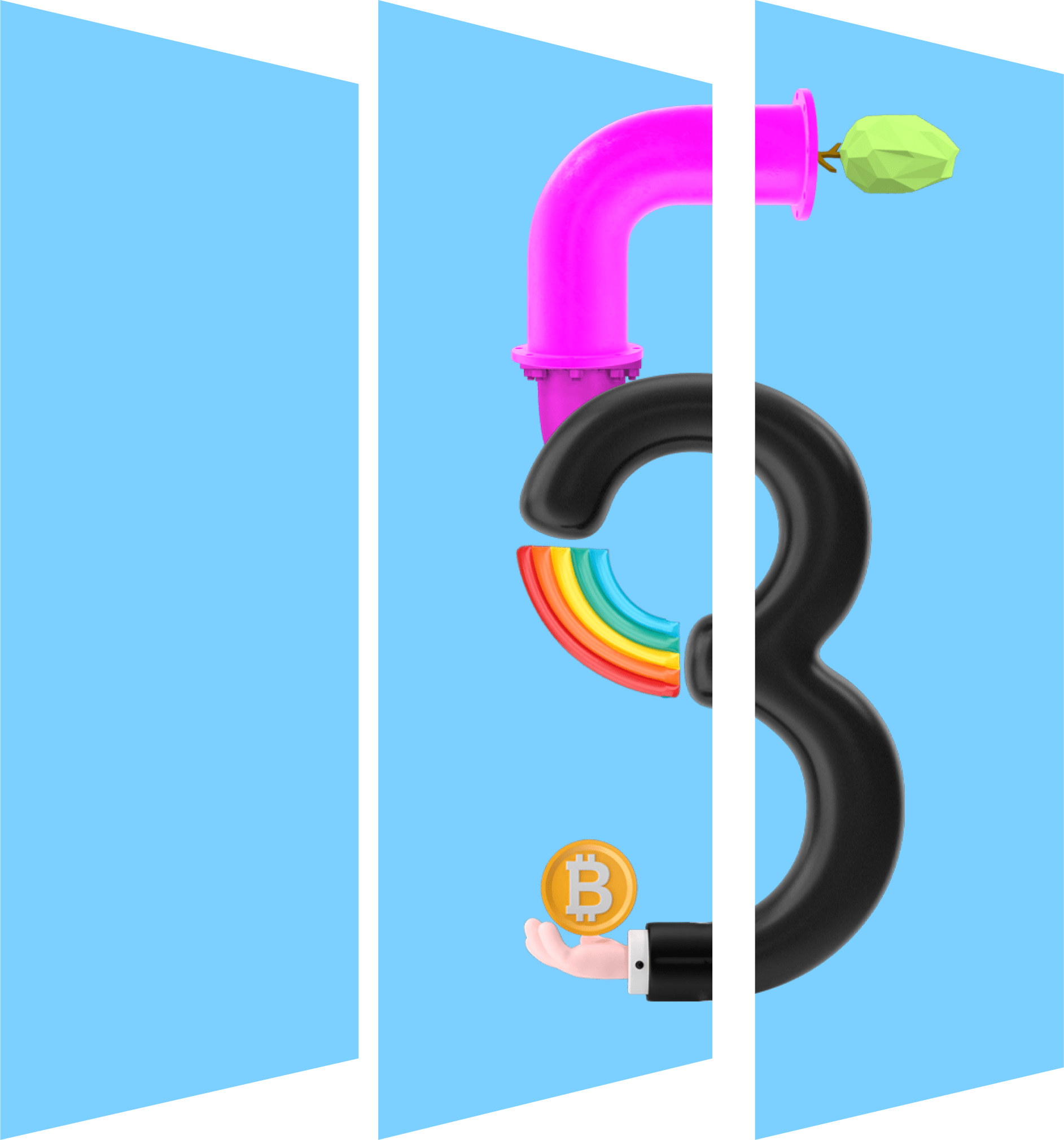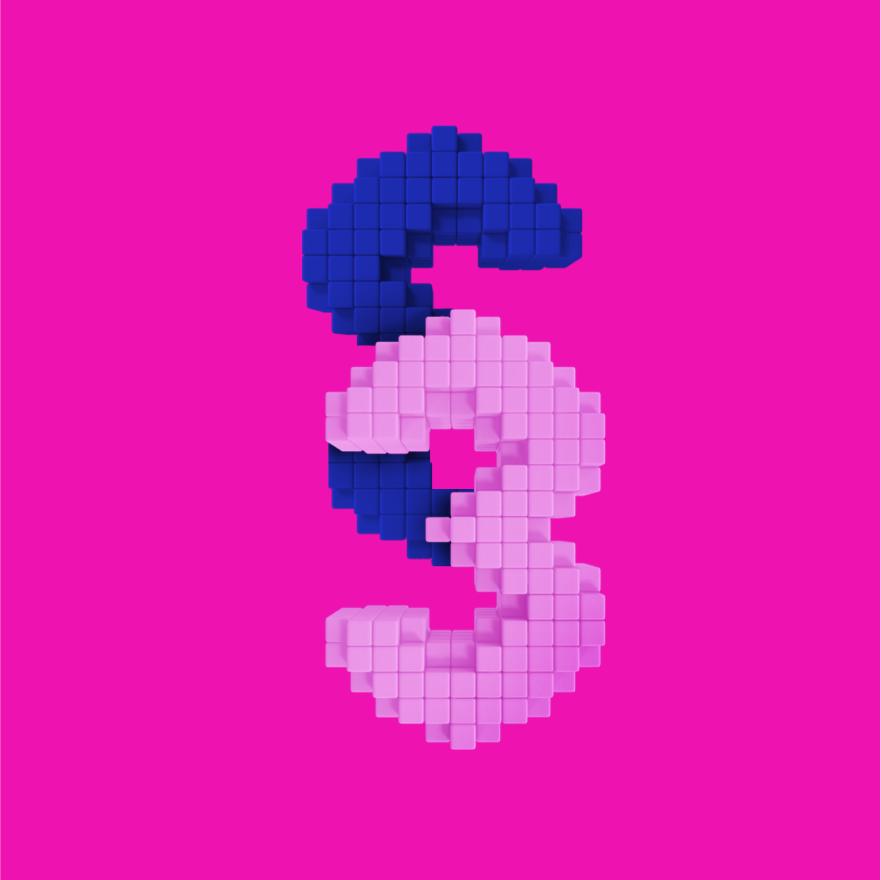
If a consumer buys an NFT, does the “right of revocation” apply?
Select jurisdiction
Germany
Yes and no. The right of revocation does apply in principle, but there are some
exceptions in case of the purchase of digital content like NFTs. These exceptions
stipulate that the right of revocation terminates under certain circumstances so that the
consumer does not have this right anymore (§ 356 para. 5 BGB, German Civil Code).
The first exception applies when digital content is delivered for free, i.e. there is no
payment made and the issuer has already begun to fulfill the contract. This would apply
in the case of an airdrop.
The second exception applies in the event of a payment for the digital content and when
the delivery of the content, i.e. fulfillment of the contract by the issuer, has already
started. Since the delivery to the wallet is typically triggered immediately by initiating the
minting process, this exception typically applies to every NFT mint.
Mandatory requirements for the application of these exceptions are that the consumer is
informed about these consequences, has to give their consent and has to receive a
confirmation of their consent (alongside other legally required consumer information; §
312f BGB, German Civil Code).
India
The right of revocation only applies to certain types of transactions, such as sales of goods or
services. It is not applicable to the purchase of an NFT, as the right of revocation only applies
to transactions involving tangible items. And in the case of an NFT, the buyer is purchasing a
digital asset, not a tangible good.
Denmark
A consumer’s right of revocation in case of a purchase of an NFT, should run from the day the
agreement was entered. A consumer should normally not have a right of revocation in case of
purchase of an NFT, which has not been delivered on a physical medium, if the consumer has
given express consent to the execution of the agreement beginning before the end of the 14-day
revocation period stated in Danish consumer legislation (Forbrugeraftaleloven / Danish Consumer
Contracts Act § 19) and the consumer has acknowledged that he or she thereby loses right of
revocation, and the seller has given the consumer confirmation of this.
France
Consumer law may apply and so « the right of revocation » provided the relationship between user and platform is deemed BtoC. If such is the case, the right of revocation applies but an exception can be argued and should apply, pursuant to article L 221-28, 13° of the Code of Consumption, where execution of the contract has started at the time of purchase, this exception is conditional upon the consent of the user to abandon that right of revocation.
Brazil
Under the terms of the Brazilian Consumer Protection Code (Law n. 8.078/1990), there
should be a right of revocation for NFT purchases. This is because the consumer relationship is
not constituted by the good, but by the parties involved (i.e., consumer and supplier)
according to articles 2 and 3 of the Code.
Thus, if we consider that a NFT has the nature of a digital good, the article 3, §1, of the
Brazilian Consumer Protection Code, establishes that "product is any good, movable or
immovable, material or immaterial", while the article 49 establishes that "consumer may
withdraw from the contract, within a period of 7 days from its signature or the act of receiving
the product or service, whenever the contract for the supply of products and services takes
place outside the commercial establishment, especially over the phone or at home". In this
sense, the jurisprudential understanding that purchases made over the internet constitute
acquisitions outside the commercial establishment (physical environment) is consolidated.
In addition, the e-Commerce Act (Federal Decree n. 7.962/2013), in its article 5, also
mentions the need to inform, in a clear and ostensible way, the adequate and effective means
for the exercise of the right of revocation by the consumer.
However, this has yet to be tested before courts when regarding NFTs.
Austria
According to Austrian law, it is still unclear if, in a B2C setting, the consumer is entitled to a right of
revocation when purchasing an NFT. In the context of crypto currencies (and other crypto assets)
many have argued that consumers shall not have a right of revocation as these digital goods are
highly volatile. However, this view has not been explicitly extended to NFTs. To the contrary, in
Austrian legal literature some have recently argued that the purchase of NFTs is subject to a right of
revocation as NFTs would not fall under the exception of Section 18 para 1 no. 2 FAGG (Austrian
Distance and Outbound Transactions Act (Fern- und Auswärtsgeschäfte-Gesetz)). They argued that
NFTs (i) were not to be regarded as goods and (ii) were not only be purchased for the purpose of
speculation but also to acquire a work of art. If this would be the case, the consumer would be
entitled to a right of revocation. However, the consumer could waive their right of revocation,
according to Section 18 para 1 no. 11 FAGG.
As there is quite significant legal uncertainty with regard to NFTs and a potential right of revocation,
we generally recommend sellers of NFTs in a B2C setting to proceed as if consumers were entitled to
a right of revocation (and foresee corresponding safeguards/measures, i.e. include corresponding
information rights, toggles that consumers waive their right of withdrawal prior any NFT purchases
on the interface etc).
In any case, the consumer must be informed about the existence or non-existence of its right of
revocation.
Nigeria
Much of the answer will depend on the applicable type of transaction (i.e. land or
artwork) and the law that applies i.e. contract law, copyright law, sale of goods
law or property law.
The copyright law makes no provision for revocation by the owner, where the
transfer is a valid assignment as against a license. Where the contract term is a
license, then, revocation becomes possible depending on whether it is a non-
exclusive or exclusive license. In an exclusive license, unless the terms are
bridged, the consumer will enjoy use until the expiration of the term in the
license.
Where the NFT transaction is with respect to the sale of goods, revocation
becomes possible where the price is unpaid or there is a latent defect in the title
of the seller, so that the consumer ought to reasonably know or foresee the
same. However, since the NFT Platform can arguably pass as a marketplace
(market overt), revocation on the basis of a latent defect will fail.
With respect to lands, all lands (Federal and State) are revocable by the Federal
or State Authority, who is deemed in law to be the true owner.
Poland
Under Polish law, consumers have the right to revoke a contract within 14 days without giving any reason. This right of revocation applies to contracts for the sale of goods, certain services, and digital content. Thus, the right of revocation will also apply in principle when the consumer purchases an NFT.








